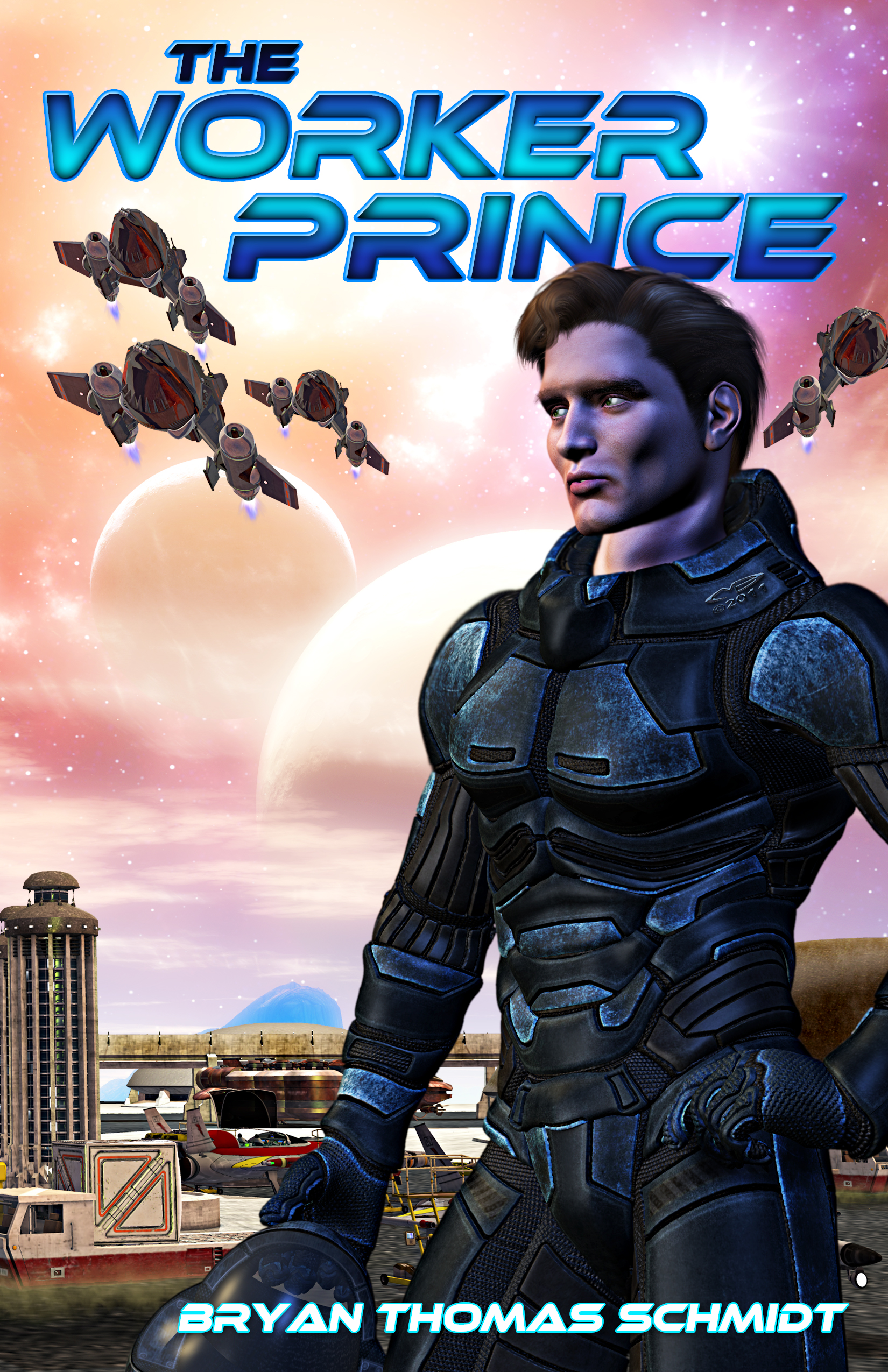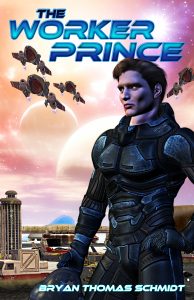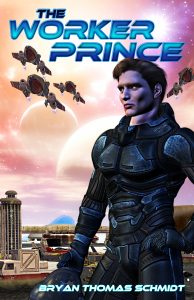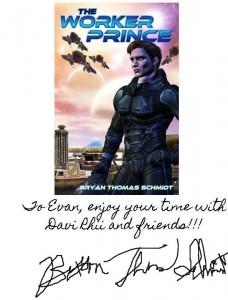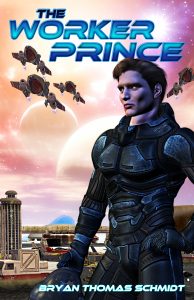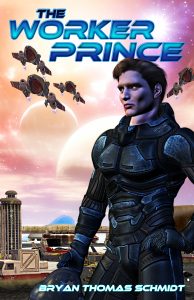 Okay, I know. It sounds crazy to some of you already. Preparing for a book blog tour when my book’s not even done? Insane! Arrogant! A distraction I don’t need! But wait. Let me explain please.
Okay, I know. It sounds crazy to some of you already. Preparing for a book blog tour when my book’s not even done? Insane! Arrogant! A distraction I don’t need! But wait. Let me explain please.
Book Blog Tours are a great way to promote your book. I had 32 stops on my book blog tour, stretching from interviews to podcasts, to short story prequels, to dialogues, to excerpts, and more, and I can tell you it’s hard work. It takes a lot of time to prepare so many posts, even if all you’re doing is answering someone’s interview questions. And here’s the thing. Your blog tour posts are supposed to be unique, interesting and keep people coming back daily for the next one. And they should relate to you and your book in some way.
Do I have to tell you it’s easy to run out of ideas?
When you’re writing your book, however, there’s often nothing you’re thinking about more. You’re always analyzing what you’re writing, why, how, etc. It’s the perfect time to capture this process in little snippets you can use later for those book tour blog posts. I am not talking about writing whole blog posts necessarily, although let the muse lead where he/she will, okay? But what if you jot down a paragraph or two of the various craft processes you’re going through as you go through them to give you something to build a blog post around later?
Seriously.
I do 18-20 blog posts a month. Two a week for this blog, at a minimum, and 1-2 for sffwrtcht’s blog. Then I do the other 10 for guest posts on other blogs. I have 4 a month for Grasping For The Wind as a column. I do one a month for SFSignal. That makes 15. So I do 4-5 others for other blogs. Yes, it’s time consuming. Yes, it’s a lot of work. Yes, it’s worth it. The result is that my name and my book’s name are never far from people’s minds. I may not reach the same audience every week, but I’m out there and name recognition of me and my book is growing daily. It’s so important to book sales, not just of the present book but future ones, too.
Doing all of this, as I think about my next blog tours which will be next Spring and Summer, I get overwhelmed. How in the world will I continue all this posting and write 31 more blog posts?
And here you are thinking, I’m fine. I don’t have all those commitments, Bryan. So I don’t need to worry about it.
But the catch is, since most books are written a year or even longer before they actually hit shelves, your blog tour posts will be written 12-18 months after you’re done writing the book. You will have moved on to something else. Your thought processes on writing THAT book will be dominant and remembering what you thought when writing the PRIOR book will be frustrating and difficult at times.
But not if you have little thoughtful notes written during the writing of the book to capture your frame of thought at the time, jolt your memory and help you frame blog posts.
Do you see what I’m getting at? And we’re talking something that takes less than 5 minutes for most of us. It doesn’t have to be polished or even formal. Just stream of thought and you’re done. You fix it later when you make the post.
Does anyone not see how helpful this could be?
As the world of publishing continues to change, writers become more and more responsible for our own publicity and marketing. And PR/marketing is something people do for a living. That means it’ll be almost a full time job for authors as well. If you’re not a full time author, or even if you are, you have a lot going on already. Making time for all this marketing is a push. Some people can’t do it well. Some don’t even try. And they’re missing out on a great opportunity as a result.
My suggestion is to help yourself by setting yourself up with some possible prompts as you go. It will not only make things easier, your blog posts will be richer. You’ll capture the feeling and thoughts behind your book and readers will be fascinated. The result will be a better blog tour and more interest for everyone, including you. Writing a book is a big accomplishment. Going back to it can be very encouraging for you, not only in reliving the experience as an accomplishment but in seeing how far you’ve come.
Readers always want insight on their favorite author’s writing processes and lives as books come out. So do fellow writers. And the more personally meaningful and detailed a blog post is, as far as giving real insight, the better it tends to be received. So preparing for your book blog tour as you write the book itself can make a lot of sense and save a lot of later stress. It shouldn’t get in the way of the writing itself, of course. But it can be a valuable part of the analysis you’re already doing as you write. It isn’t a distraction if you are just documenting what’s already going on in your head.
And it’s not arrogant. You’re not blowing your own horn. You’re explaining why you do what you do. Leave it up to others to decide if you did it all wrong or if it’s of any quality or other value. Those are not things you can worry about. You can only do the best you can.
So there’s a write tip I hope gives you something to think about. You can prepare for marketing your book even as you write it. And that can be a real blessing. For what it’s worth…
 Bryan Thomas Schmidt is the author of the space opera novel The Worker Prince, the collection The North Star Serial, and has several short stories forthcoming in anthologies and magazines. His second novel, The Returning, is forthcoming from Diminished Media Group in 2012. He’s also the host of Science Fiction and Fantasy Writer’s Chatevery Wednesday at 9 pm EST on Twitter, where he interviews people like Mike Resnick, AC Crispin, Kevin J. Anderson and Kristine Kathryn Rusch. He can be found online as @BryanThomasS on Twitter or via his website. Excerpts from The Worker Prince can be found on his blog.
Bryan Thomas Schmidt is the author of the space opera novel The Worker Prince, the collection The North Star Serial, and has several short stories forthcoming in anthologies and magazines. His second novel, The Returning, is forthcoming from Diminished Media Group in 2012. He’s also the host of Science Fiction and Fantasy Writer’s Chatevery Wednesday at 9 pm EST on Twitter, where he interviews people like Mike Resnick, AC Crispin, Kevin J. Anderson and Kristine Kathryn Rusch. He can be found online as @BryanThomasS on Twitter or via his website. Excerpts from The Worker Prince can be found on his blog.
4 5-star & 8 4-star reviews THE WORKER PRINCE $3.99 Kindlehttp://amzn.to/pnxaNm or Nook http://bit.ly/ni9OFh $14.99 tpb http://bit.ly/qIJCkS.



